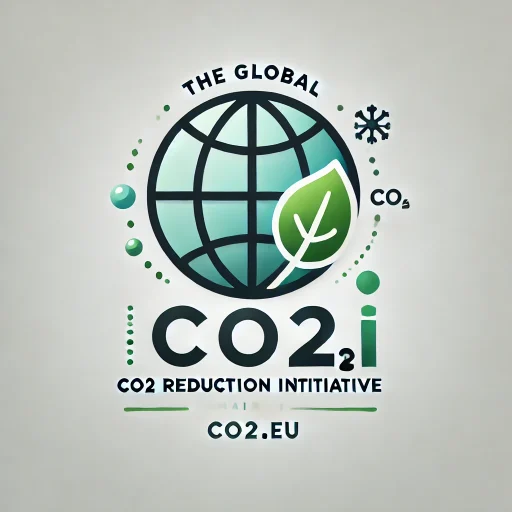Carbon Reduction Activities in Europe: July 14-20, 2025
Executive Summary: The European Union continues to advance its climate agenda with significant announcements aimed at reducing carbon emissions. The focus remains on achieving climate neutrality by 2050, with a new target set for 2040 to cut emissions by 90% from 1990 levels. These initiatives are part of a broader strategy to enhance sustainability and competitiveness across Europe.
Introduction
In mid-July 2025, the European Union (EU) made pivotal announcements regarding its climate policy, focusing on carbon reduction activities. These announcements are integral to the EU’s strategy to achieve climate neutrality by 2050, as outlined in the European Green Deal and the European Climate Law. This report provides a comprehensive overview of these activities, highlighting key developments and their implications for Europe’s climate action strategy.
New Climate Target for 2040
On July 2, 2025, the European Commission proposed a legally binding climate target to cut net greenhouse gas emissions by 90% by 2040 from 1990 levels. This target is a critical step towards achieving climate neutrality by 2050. The proposal includes the use of carbon credits, allowing member states to meet a limited portion of their emissions offsetting target through credits purchased from developing nations. This flexibility is planned to be phased in from 2036 through a United Nations-backed market, covering up to 3% of the 2040 goal.
Sources: CO2i.eu, ECCO Climate
Debate on Carbon Credits
The inclusion of carbon credits in the 2040 target has sparked debate among environmental groups and policymakers. While some view it as a pragmatic approach to achieving emissions reductions, others argue it could undermine domestic efforts. The EU aims to balance domestic emission reductions with international carbon credits to achieve its climate goals.
Sources: CO2i.eu, ECCO Climate
Implications for EU Climate Policy
The proposed 2040 climate target is expected to have significant implications for the EU’s climate policy. It will require reforms in energy and climate legislation to align with the new target. The EU’s forthcoming national climate plan, or Nationally Determined Contribution (NDC), will need to reflect this target. The EU aims to demonstrate climate leadership by balancing domestic emission reductions with international carbon credits, while ensuring transparency and preventing emissions leakage.
Sources: CO2i.eu, ECCO Climate
Conclusion
The announcements made in mid-July 2025 reflect the EU’s ongoing commitment to reducing carbon emissions and achieving climate neutrality by 2050. By setting a new climate target for 2040 and incorporating carbon credits, the EU is taking significant steps towards a sustainable and competitive low-carbon economy. These initiatives are expected to enhance Europe’s resilience to climate change and support the global effort to mitigate its impacts.


Recent Comments